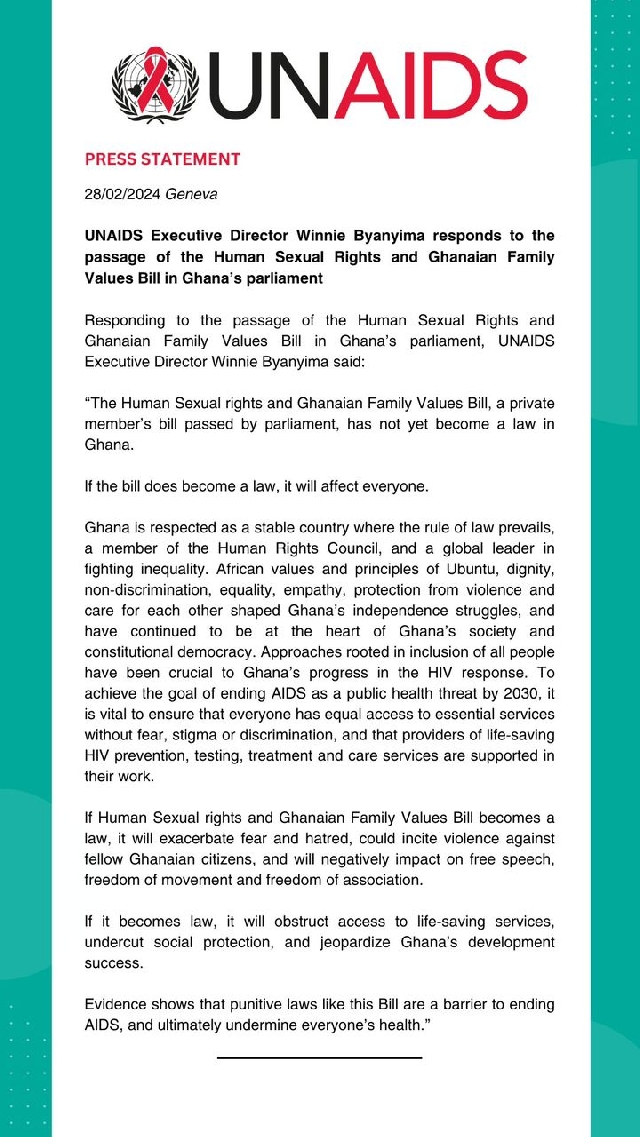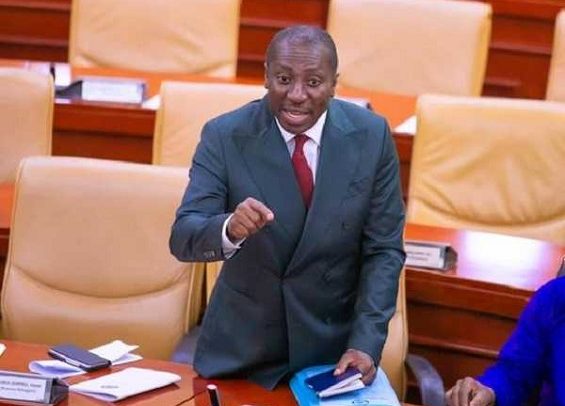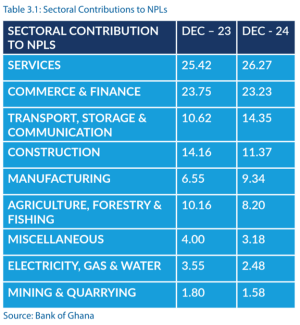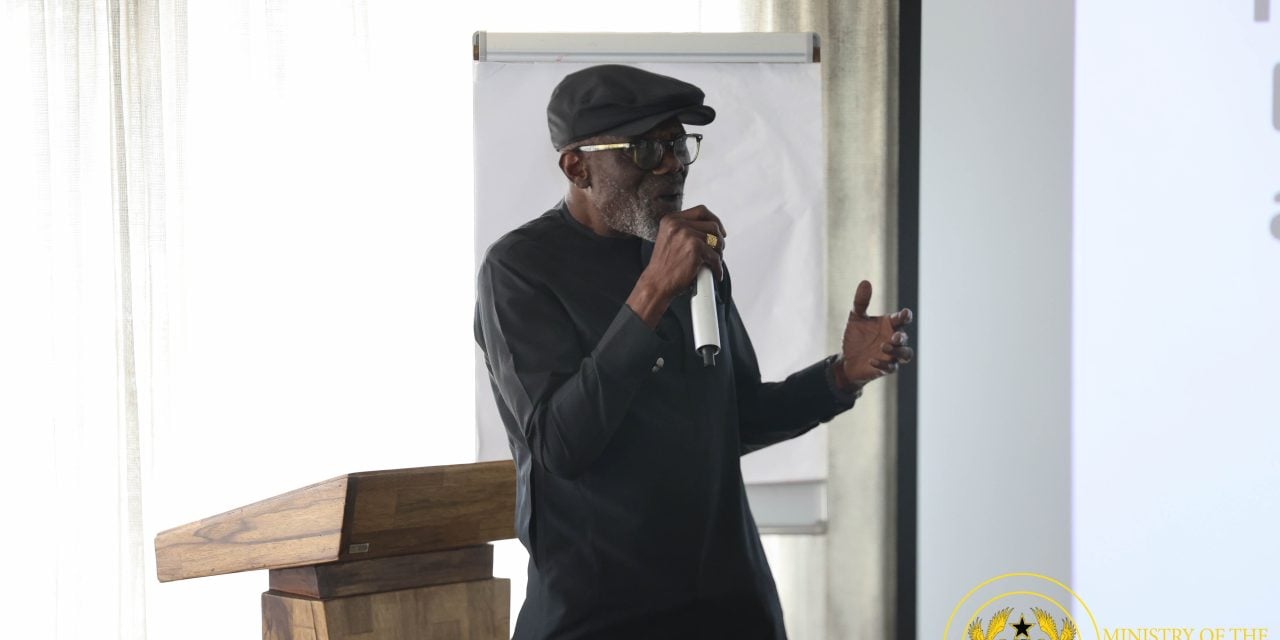
Participants at the 70th Annual New Year School and conference have urged the public to pressurise parliament to pass the Right to Information (RTI) bill.
They said the lack of interest on the part of the members of parliament to hasten work on the bill had given rise to speculation that the house does not want it to be passed.
The participants were contributing to a lecture delivered by Professor Audrey Gadzekpo, Dean of School of Information and Communication Studies, University of Ghana, on the topic, 'Investigative Journalism, Corruption and Sustainable Development', on Tuesday in Accra.
According to them, the passage of the bill would give the public confidence in demanding answers to issues bothering them, and also put an end to rumours of alleged and unsubstantiated corrupt practices peddled against innocent public officials.
They called for a formalised body or institution to monitor investigative journalists who used unethical means to obtain information from people perceived to have engaged in corrupt practices.
The week-long Annual New Year School which opened on Monday is being organised on the theme, 'Building strong institutions for democratic consolidation in Ghana'.
The over 300 people from civil society organisations, security agencies, traditional authorities, anti-corruption agencies, metropolitan, municipal and district assemblies, among others, are participating.
According to Prof Gadzekpo, activities of investigative journalists in the country in recent times had been an eye-opener for the awareness on social issues, explaining that the systematic wrongdoing in society warrants the "Anas style" of investigative journalism to get the right type of information needed to make a strong case.
"You have to use auspicious ways to get information that could have been compromised by state officials," she said.
Prof. Gadzekpo indicated that investigative journalism was a very dangerous practice and called for support for journalists to enable them discharge their duties effectively to help eliminate corruption from society.
She charged investigative journalists to always be guided by the ethics of the profession and do some rationalisation to justify what they do at a particular time.
The chairman of the National Media Commission (NMC), Yaw Boadu-Ayeboafoh, who chaired the programme, in his response to the issues raised by the participants indicated that he had been assured by parliament that the RTI bill would be the first on the agenda when the House reconvenes.
He said the RTI law would enable society to monitor the activities of assemblies and other state institutions in their communities, adding that "the public is the final watchman and with the help of journalists they will be able to hold government accountable to the people".
Read Full Story

















Facebook
Twitter
Pinterest
Instagram
Google+
YouTube
LinkedIn
RSS